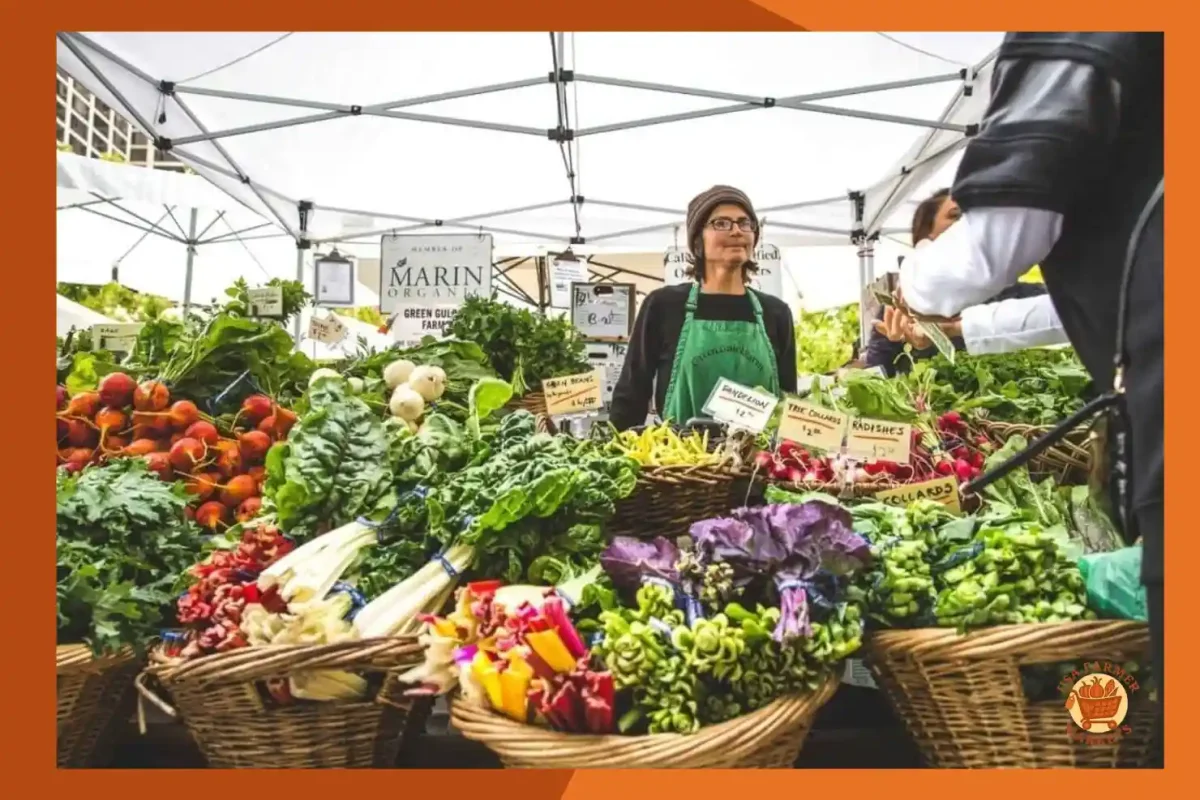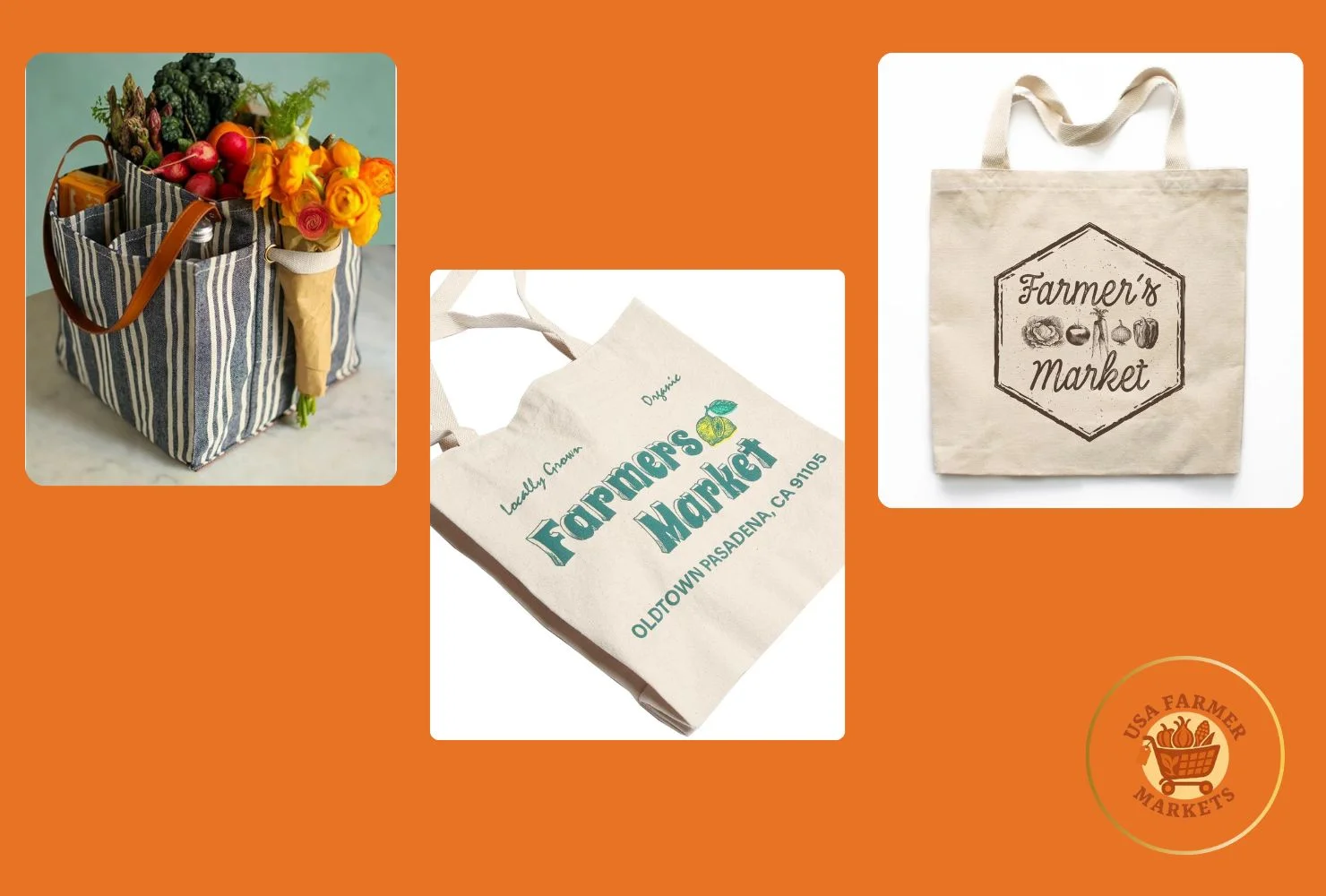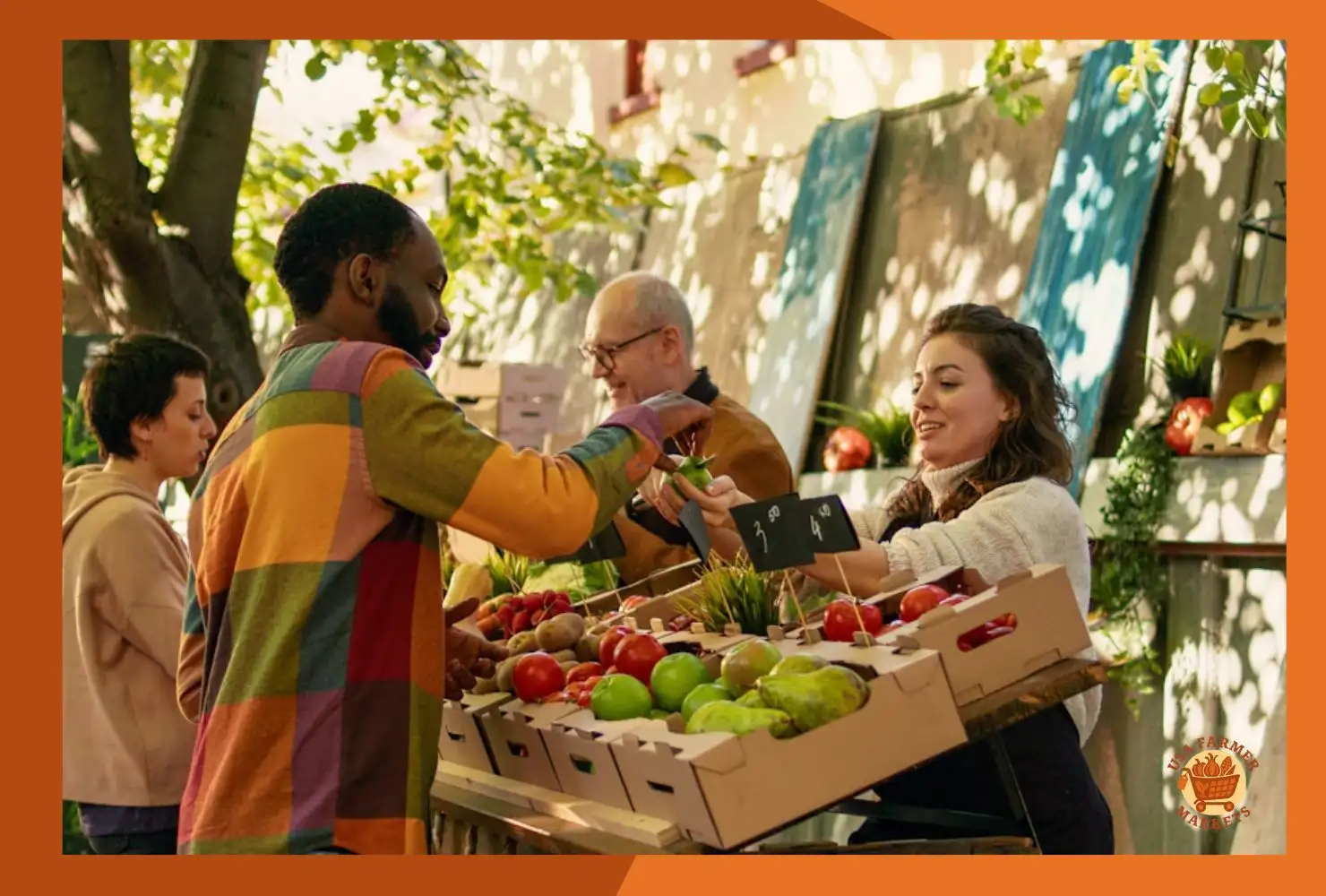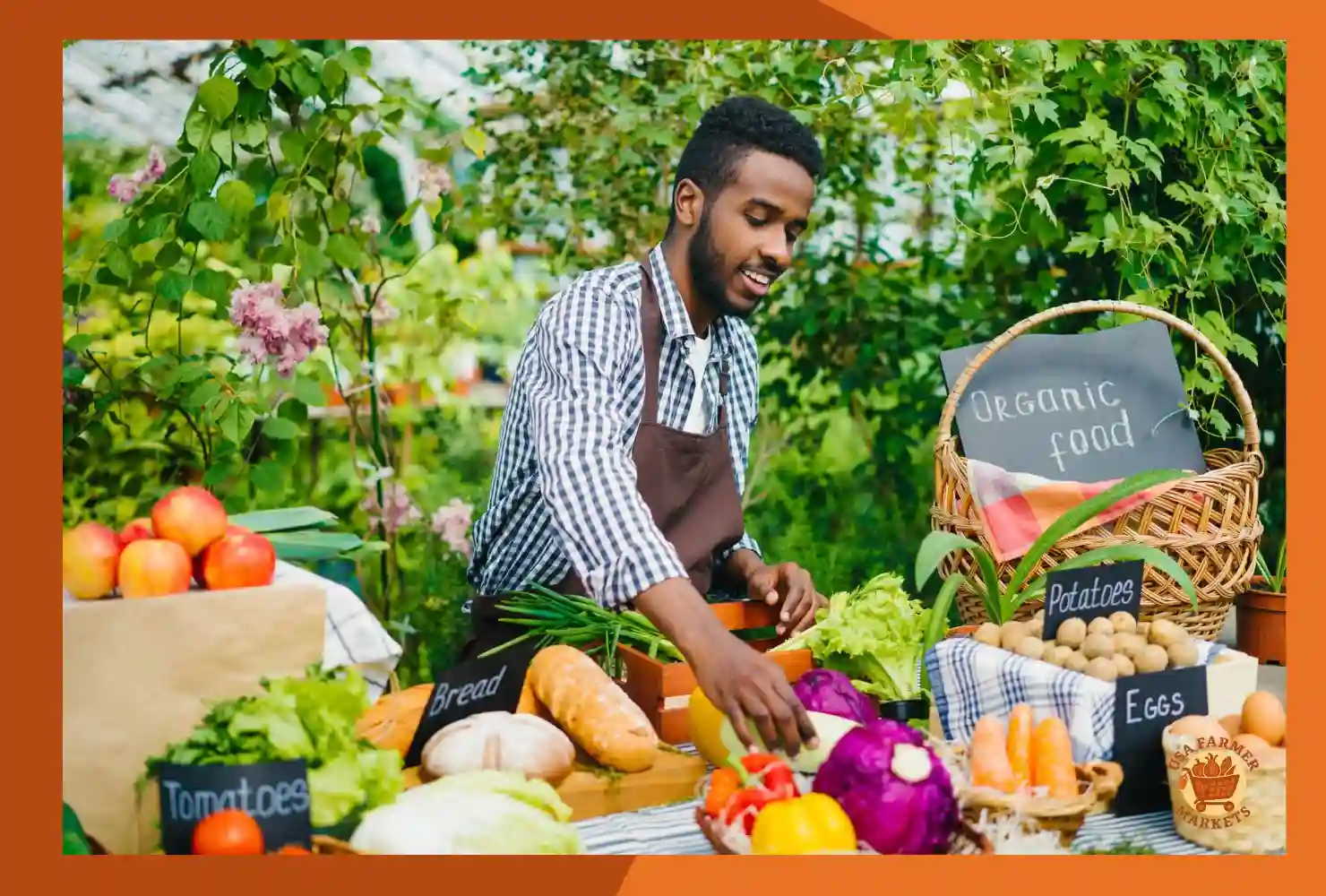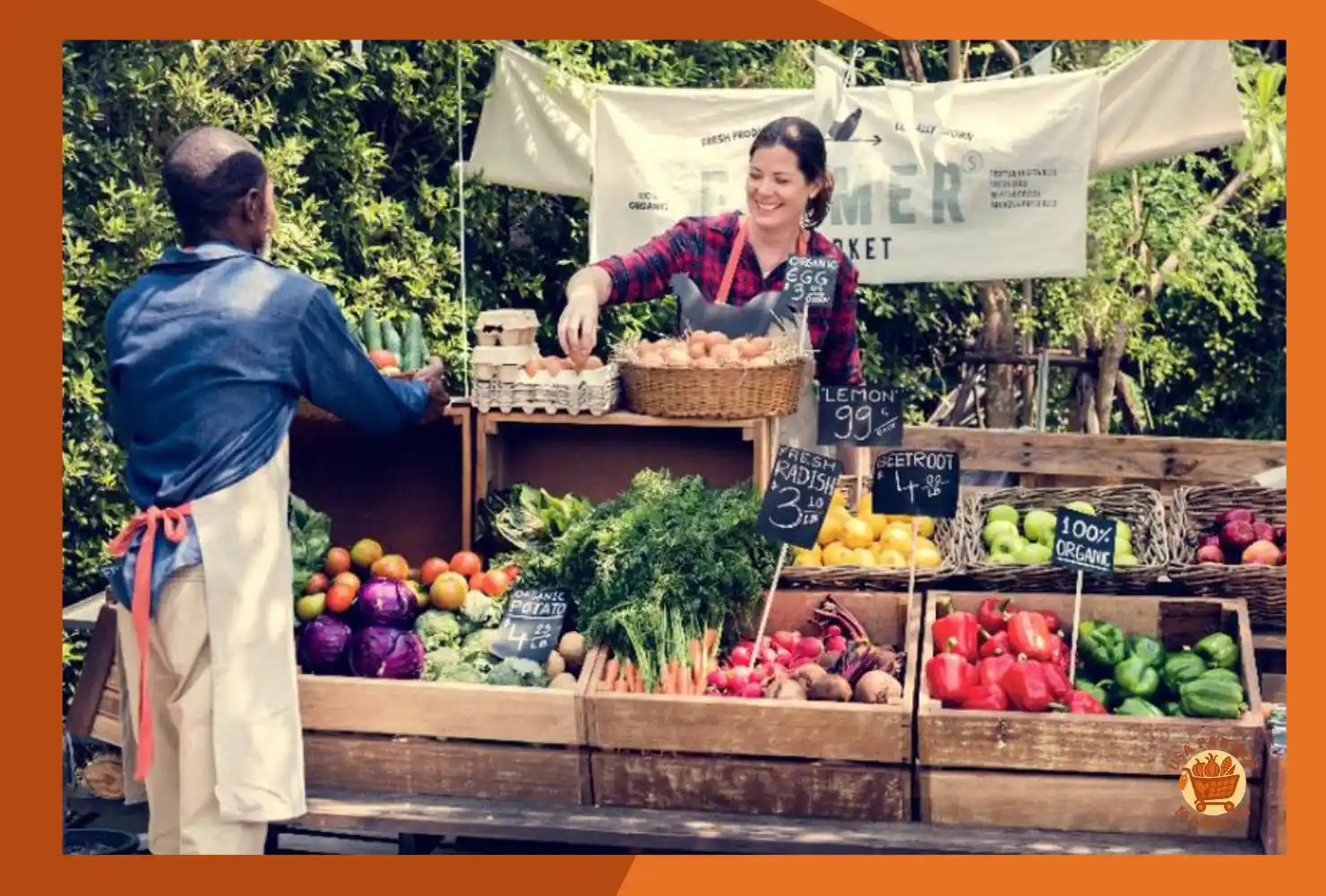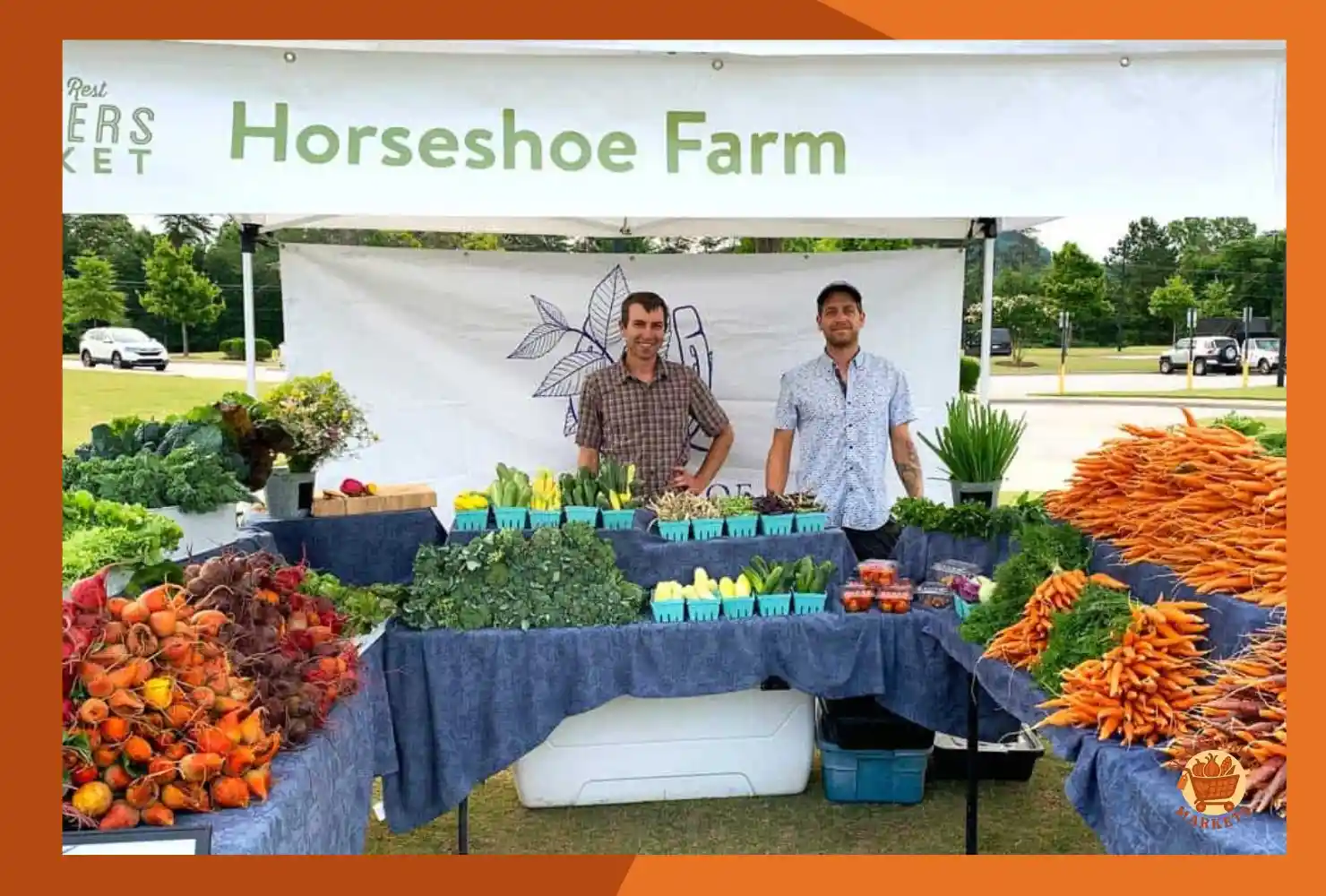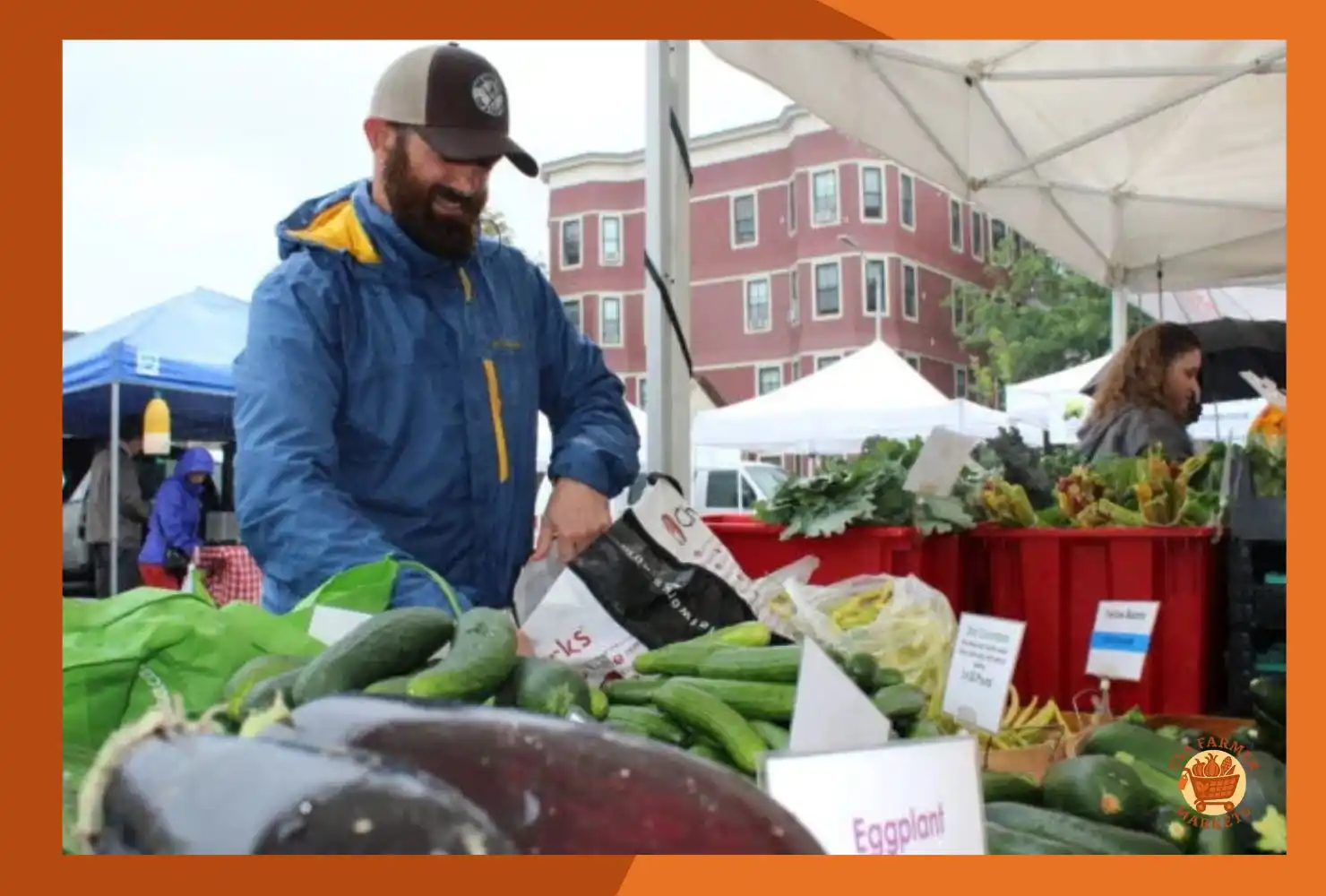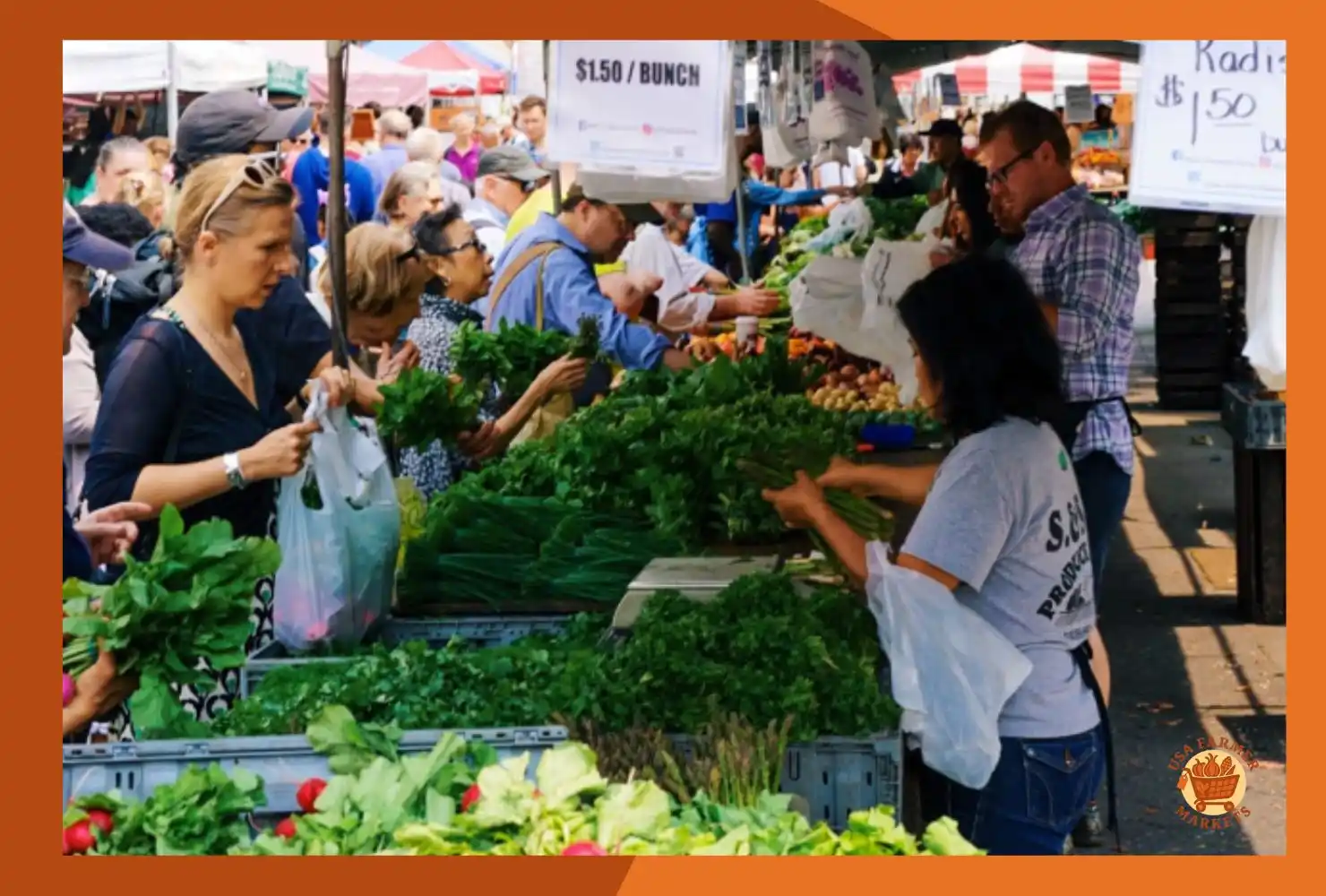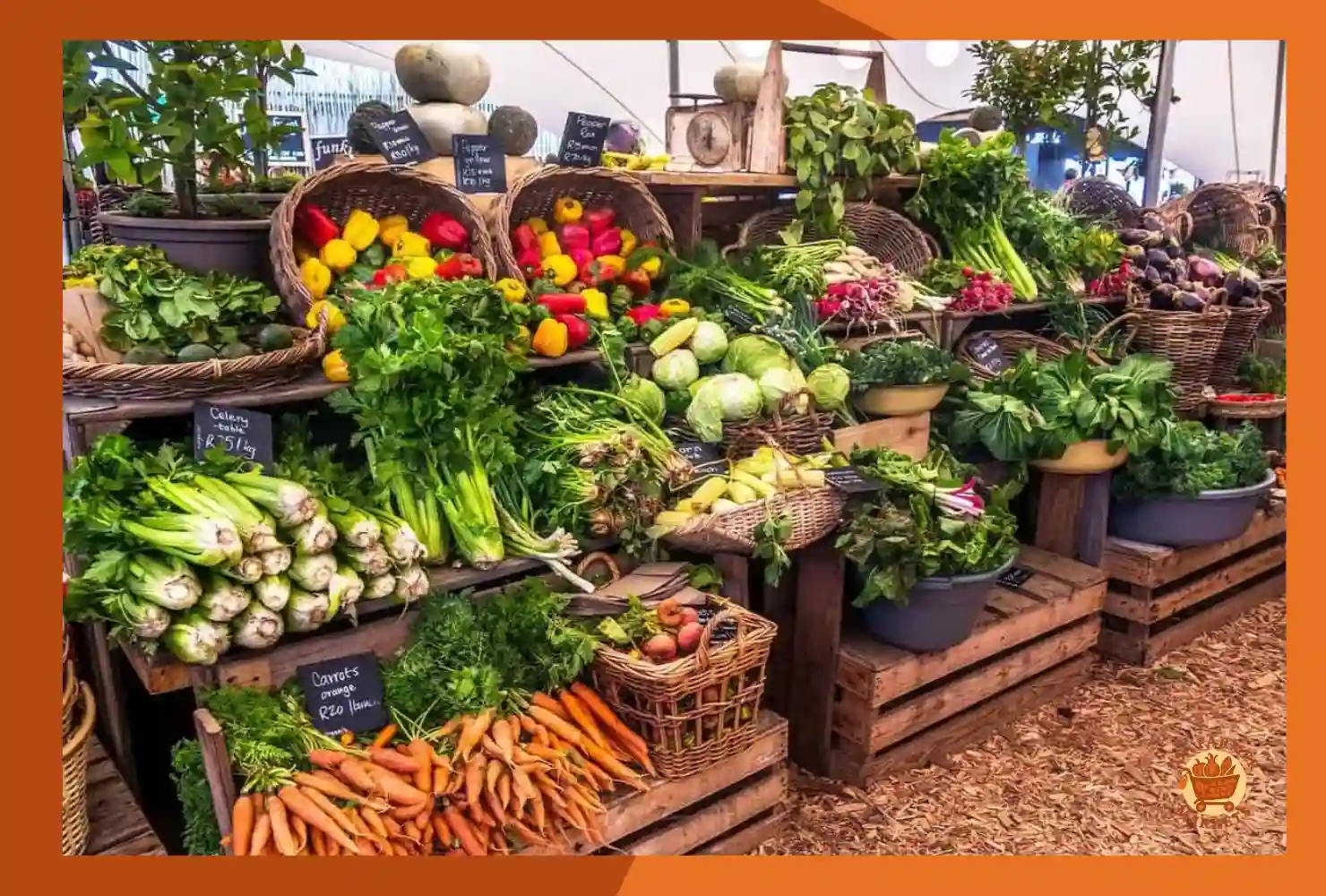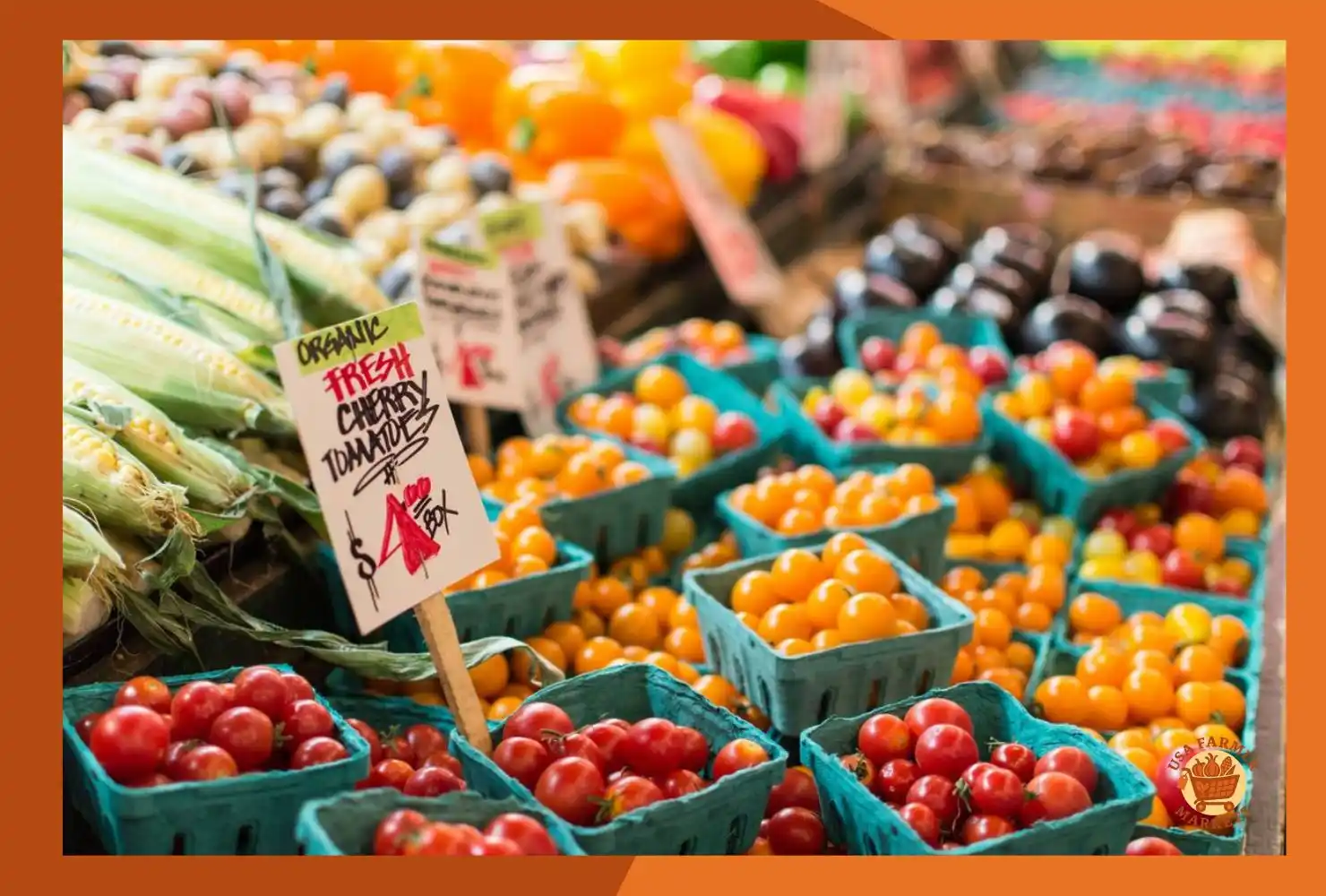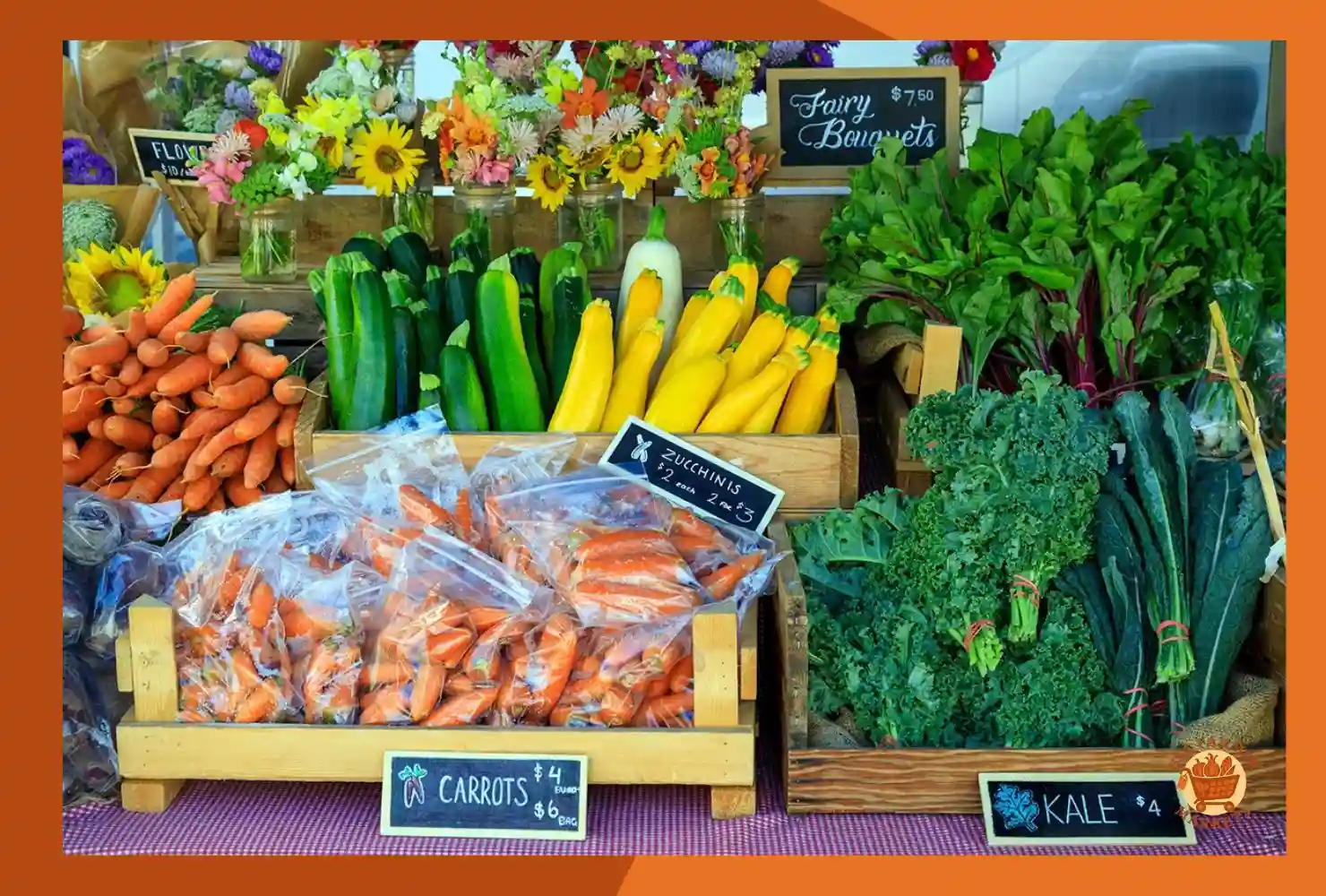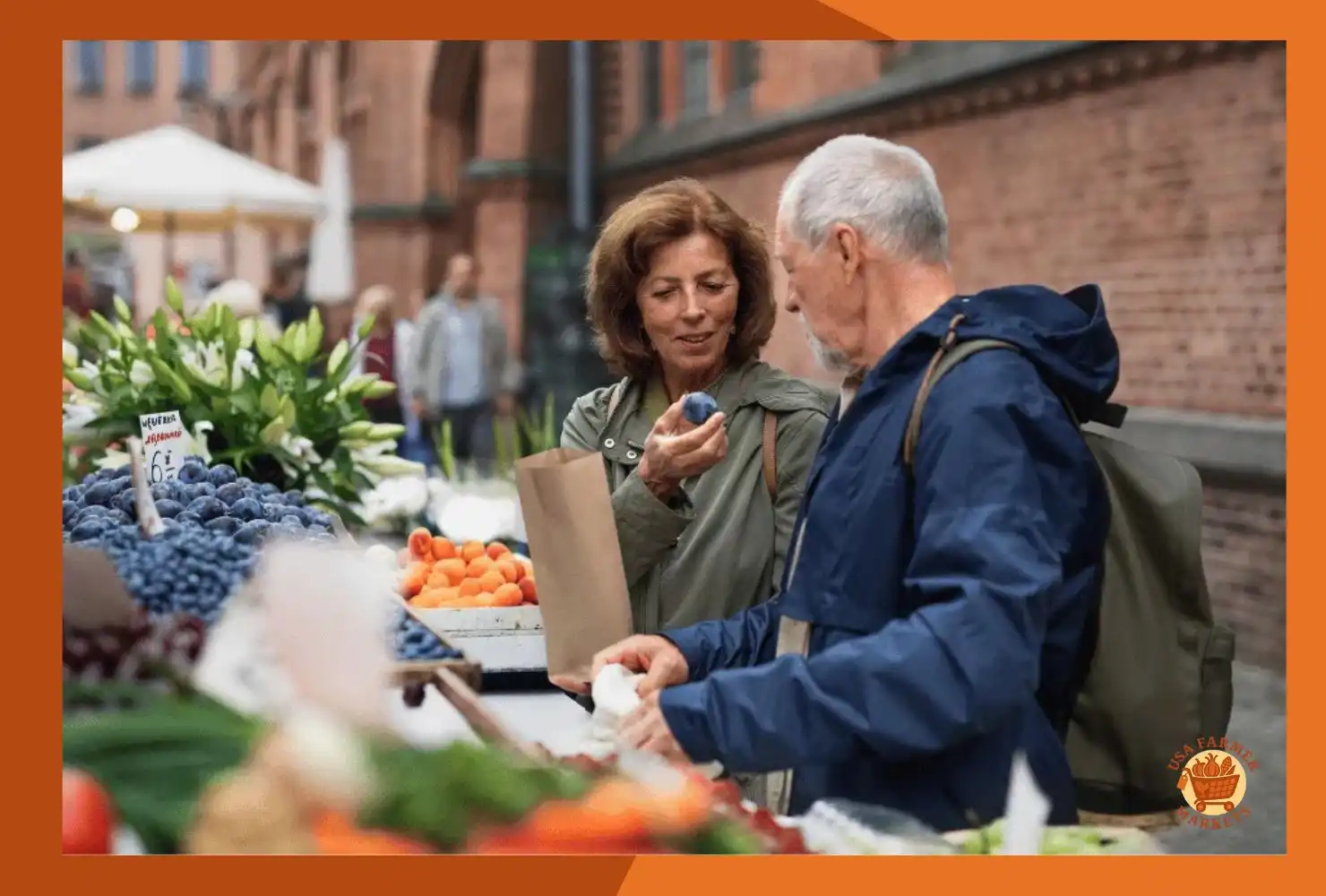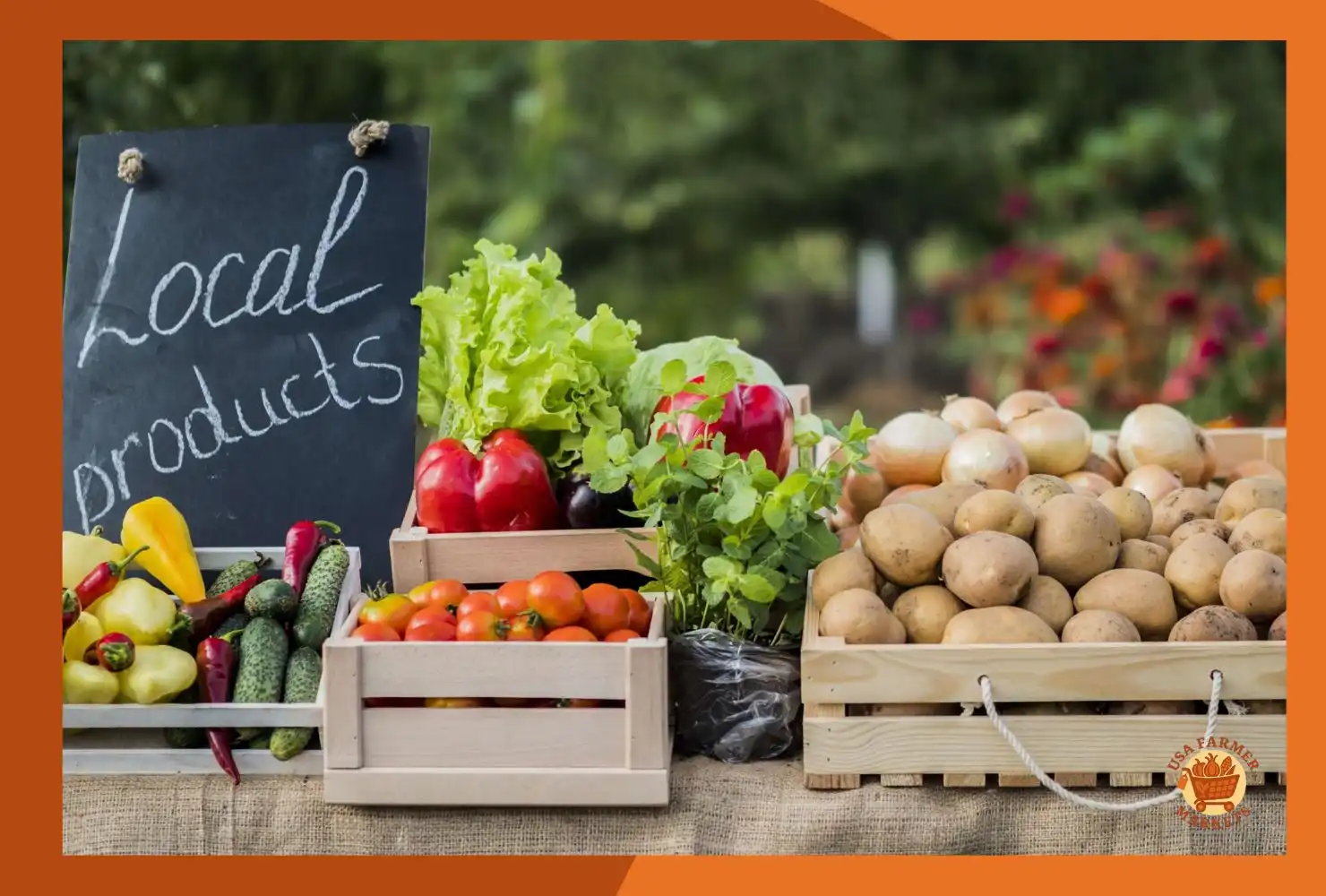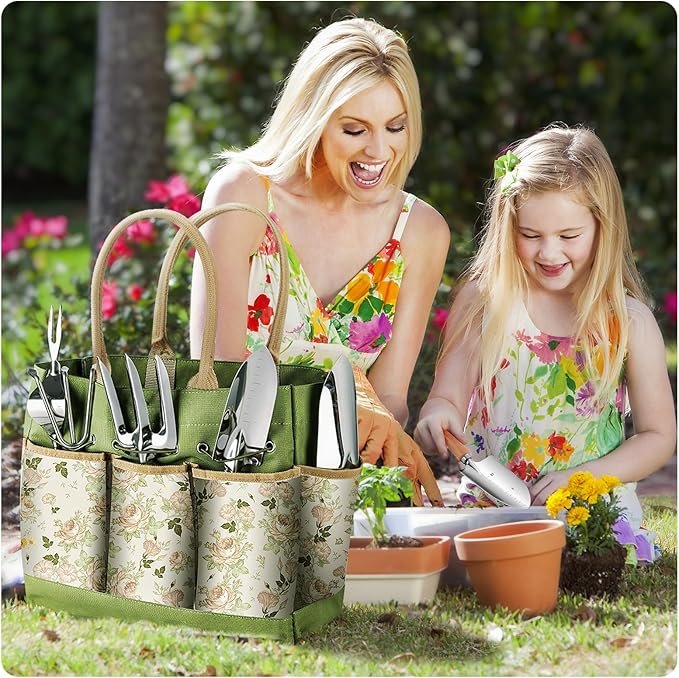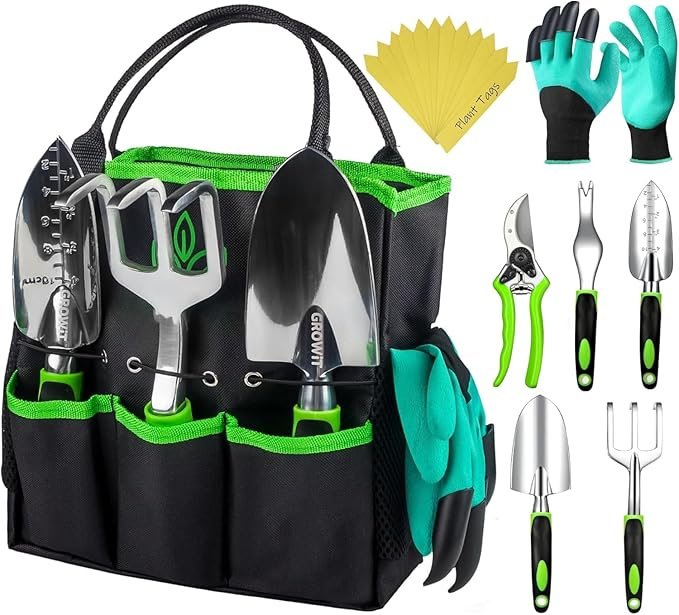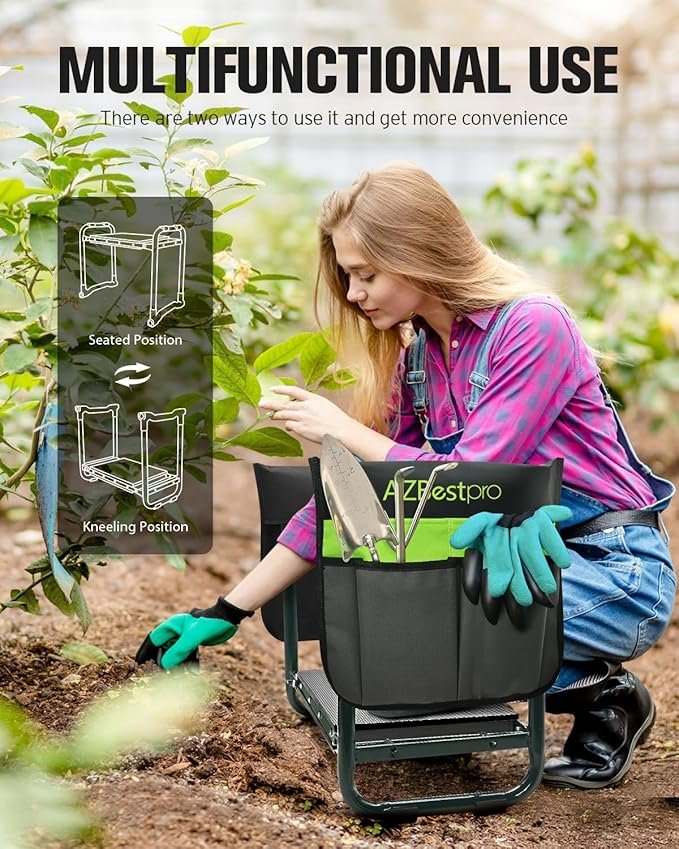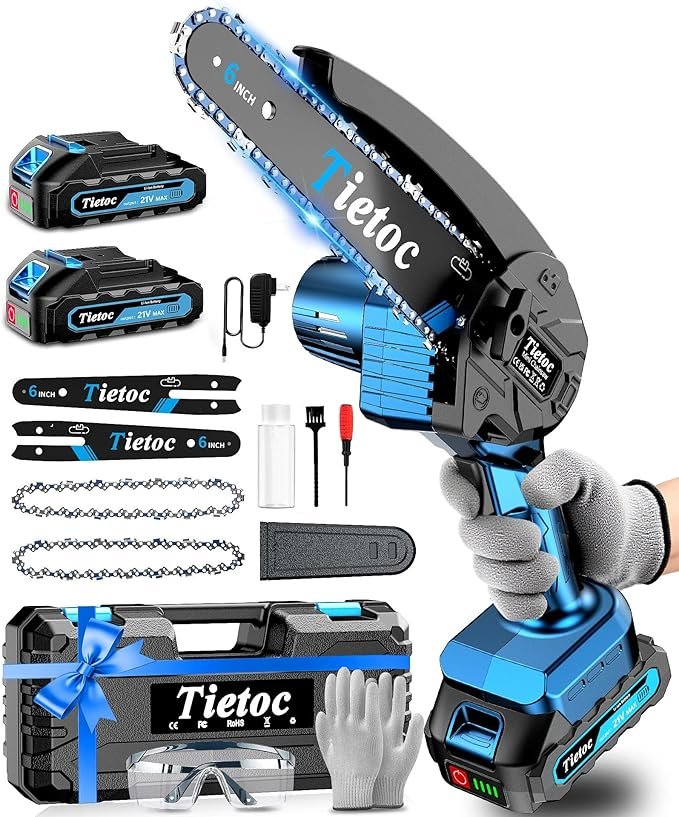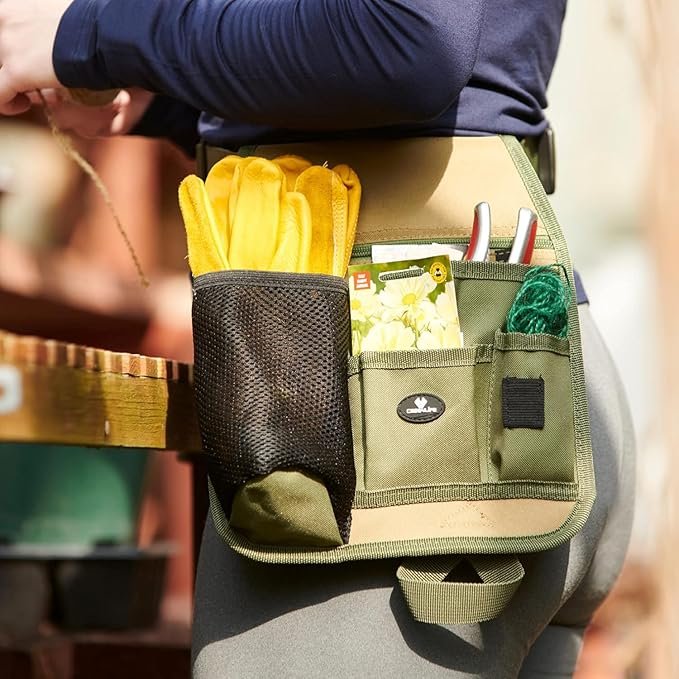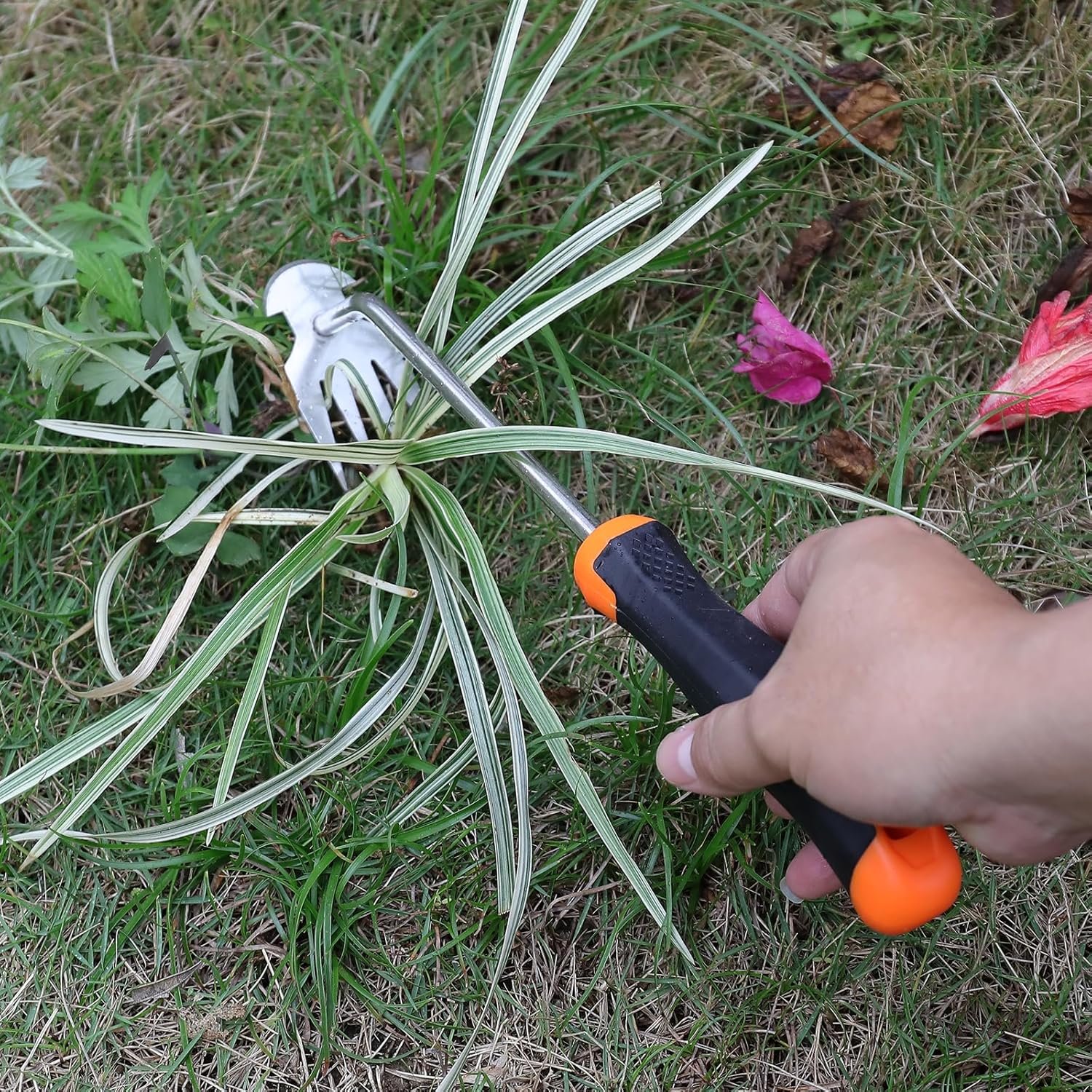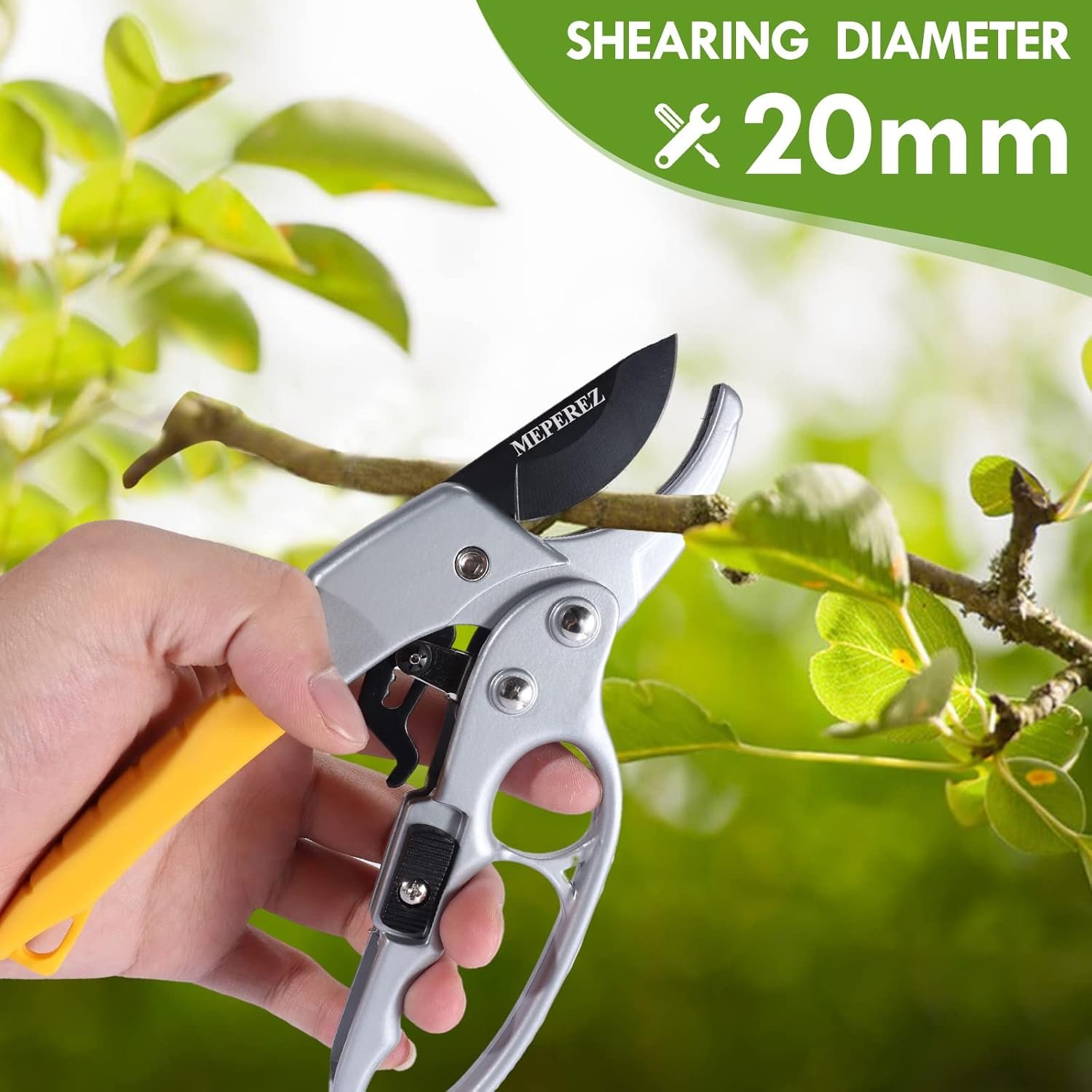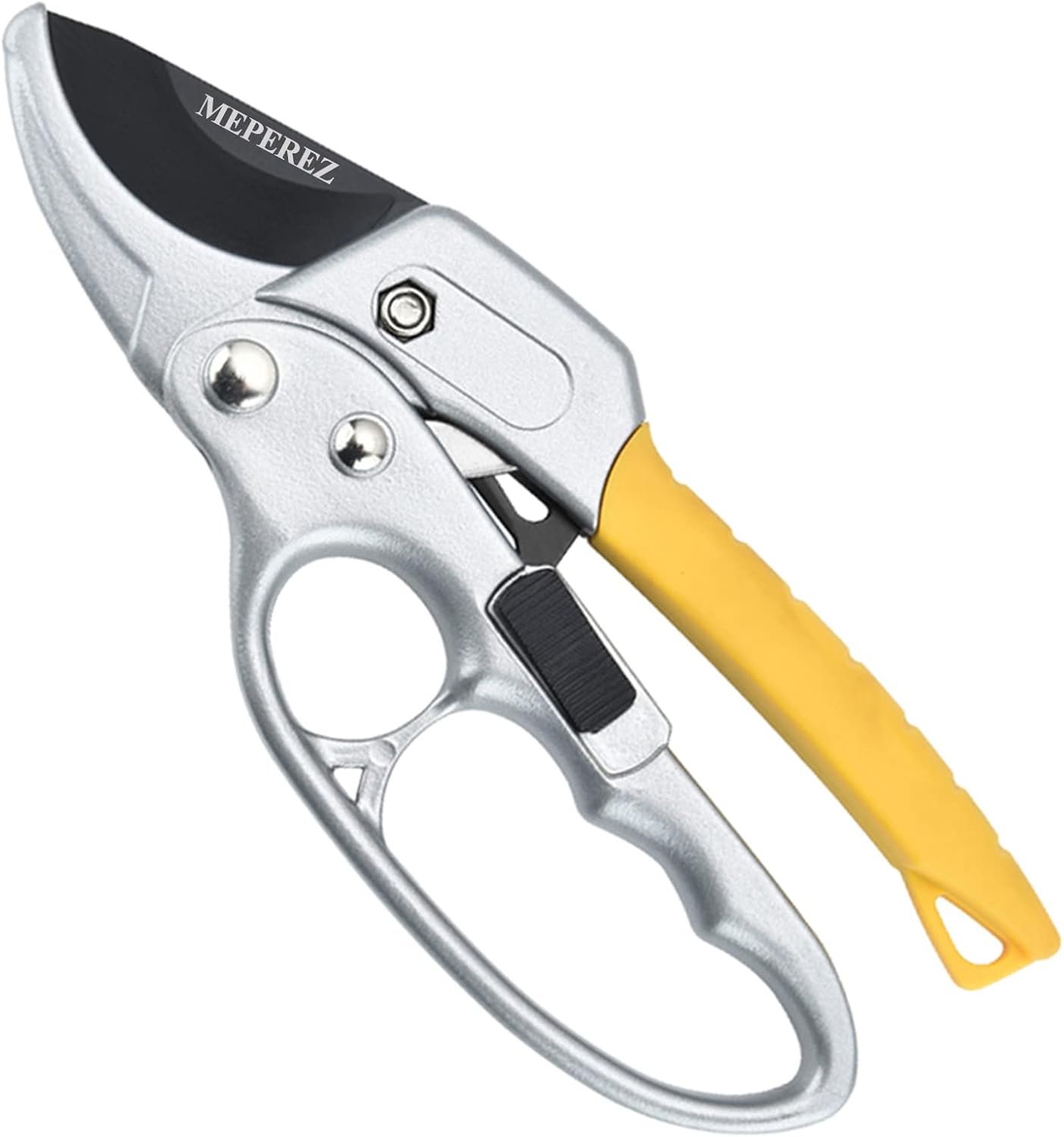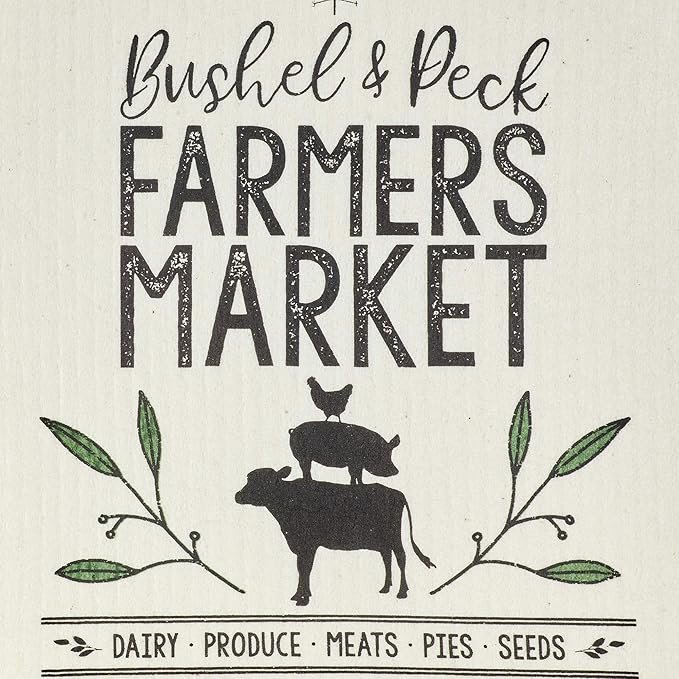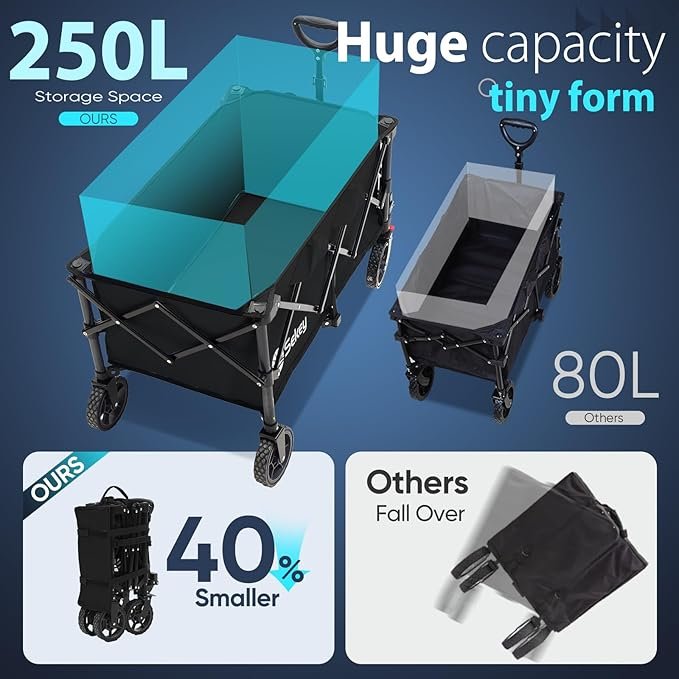Hosting events and fostering community engagement are essential strategies for creating a vibrant, successful farmers market. Special events attract new customers, promote vendors, and build a sense of community. Meanwhile, ongoing engagement encourages loyalty and strengthens the market’s reputation as a local hub for fresh, high-quality products and experiences.
This guide explores effective event planning, strategies to engage the community, and tips for maximizing the impact of market activities. Effective event promotion requires a comprehensive approach to farmers market marketing and branding strategies that attract and retain customers.
Table of Contents
ToggleDefine Your Event Goals
Before planning, clarify what you want to achieve:
-
Increase attendance: Seasonal festivals, food fairs, or special vendor events.
-
Promote vendors: Highlight seasonal products or new offerings.
-
Community building: Encourage interaction, education, and participation.
-
Fundraising or sponsorships: Support market growth or local initiatives.
Clear objectives guide planning, budgeting, and promotion for each event.
Plan Seasonal and Themed Events
Seasonal and themed events attract attention and encourage repeat visits:
-
Harvest festivals: Celebrate autumn crops with tastings, workshops, and activities.
-
Holiday markets: Feature gift items, decorations, and seasonal foods.
-
Cultural celebrations: Highlight diverse cuisines, crafts, and traditions.
-
Health and wellness events: Nutrition workshops, fitness demonstrations, and healthy cooking classes.
Events create excitement, increase foot traffic, and boost vendor sales. Well-planned events are crucial for creating memorable farmers market experiences that encourage repeat visits.
Collaborate with Community Partners
Partnerships amplify reach and engagement:
-
Local businesses: Co-sponsor events or provide prizes, samples, or entertainment.
-
Schools and universities: Invite students to participate in educational programs or performances.
-
Nonprofits and organizations: Collaborate on charity drives, sustainability initiatives, or wellness programs.
-
Government agencies: Promote public health, safety, or local initiatives.
Partnerships strengthen community ties and enhance the market’s credibility.
Engage Vendors in Event Planning
Vendors are critical to event success:
-
Product showcases: Invite vendors to create special offerings for events.
-
Interactive demos: Encourage hands-on participation, such as cooking demos or tastings.
-
Collaborative promotions: Vendors can partner on bundled products or seasonal packages.
-
Feedback and input: Include vendors in planning discussions to ensure practical and profitable execution.
Vendor engagement improves event quality and ensures shared success.
Promote Your Events
Effective promotion drives attendance and visibility:
-
Social media campaigns: Highlight vendors, activities, and event features.
-
Email newsletters: Send targeted updates and reminders to your subscriber base.
-
Local media coverage: Newspapers, radio stations, and community bulletin boards.
-
In-market signage: Use posters, banners, and flyers to inform existing customers.
Promotion ensures the community is aware of and excited about your events.
Enhance On-Site Experience
Customer experience during events is key to engagement:
-
Entertainment: Live music, performances, or demonstrations.
-
Interactive stations: Workshops, games, and product sampling.
-
Family-friendly activities: Kid zones, face painting, or crafts.
-
Comfort amenities: Seating areas, shaded spaces, and refreshment stations.
Memorable experiences increase customer satisfaction, loyalty, and word-of-mouth promotion.
Collect Feedback and Measure Success
Evaluate events to improve future planning:
-
Surveys: Gather insights from vendors and customers about the event experience.
-
Attendance tracking: Monitor foot traffic and sales patterns.
-
Social media engagement: Measure likes, shares, and comments related to the event.
-
Vendor feedback: Collect insights on product performance, pricing, and logistics.
Feedback helps organizers refine strategies, optimize future events, and ensure continued success.
Foster Ongoing Community Engagement
Event planning should support continuous interaction beyond special occasions:
-
Workshops and classes: Offer regular educational programs on gardening, cooking, or sustainability.
-
Volunteer programs: Engage local residents in market operations or event support.
-
Community initiatives: Promote local causes, charity drives, or sustainability projects.
-
Online engagement: Maintain social media groups or newsletters to connect year-round.
Ongoing engagement keeps the market relevant, builds loyalty, and strengthens community relationships.
Final Words
Event planning and community engagement are powerful tools to increase attendance, promote vendors, and foster a thriving market culture. By setting clear goals, organizing seasonal and themed events, collaborating with partners, and enhancing on-site experiences, market organizers can create memorable moments that encourage repeat visits and strengthen community ties.
A farmers market that actively engages its community becomes a destination for both shopping and experiences, ensuring long-term success and sustainability.

